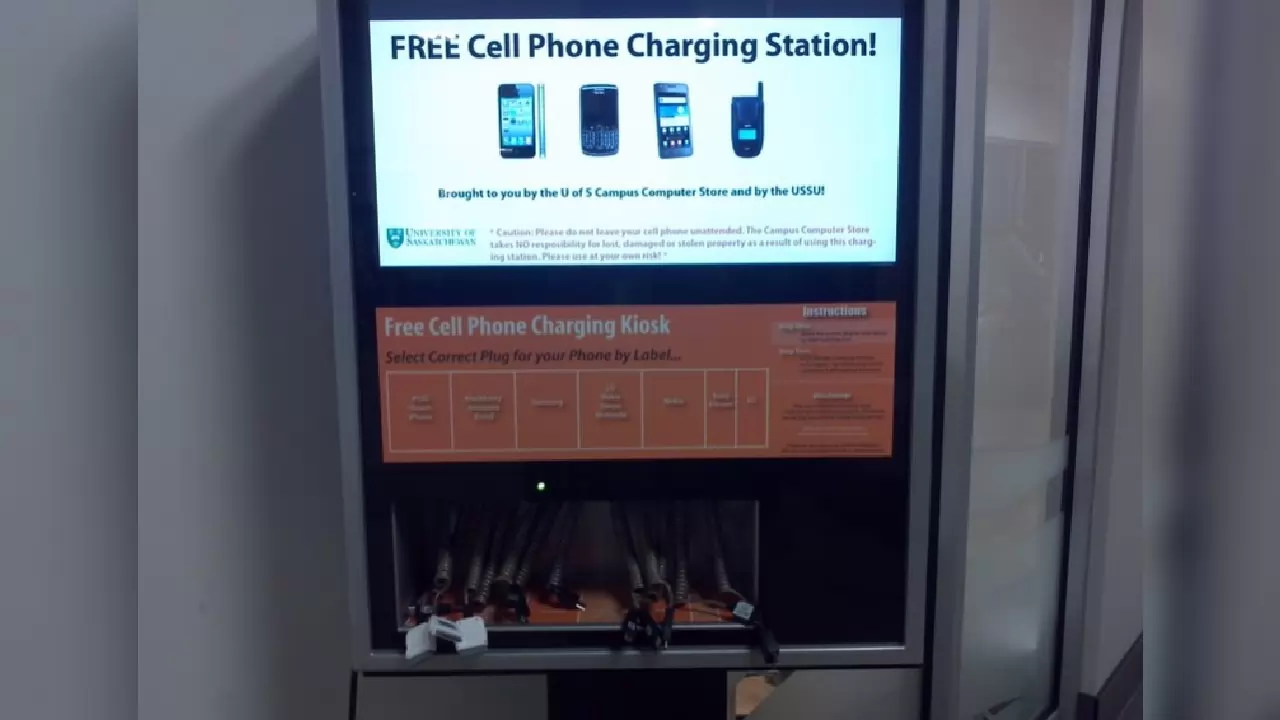
Flickr
New Delhi: Indian government has issued a cautionary advisory urging the public to avoid using public USB charging ports found in places like airports, cafes, hotels, and bus stands. This warning comes amidst growing concerns over the prevalence of the "USB charger scam" across the country.
Cybercriminals exploit the USB charging ports commonly available in public spaces to carry out malicious activities. This tactic, known as "juice-jacking," poses a significant risk to unsuspecting individuals who rely on these ports to charge their electronic devices.
Juice-jacking involves the manipulation of public USB charging stations by hackers to steal sensitive data or infect connected devices with malware. When individuals connect their smartphones or other gadgets to compromised charging ports, they inadvertently expose themselves to potential cyber attacks.
Safety tip of the day: Beware of USB charger scam.#indiancert #cyberswachhtakendra #staysafeonline #cybersecurity #besafe #staysafe #mygov #Meity #onlinefraud #cybercrime #scam #cyberalert #CSK #cybersecurityawareness pic.twitter.com/FBIgqGiEnU
— CERT-In (@IndianCERT) March 27, 2024
By plugging their devices into infected USB stations, users may fall victim to various cyber threats, including:
To safeguard against the USB charger scam and juice-jacking attacks, consider the following precautions:
In the event of encountering cyber fraud or suspicious activities, individuals are encouraged to report incidents promptly. They can utilize the official website www.cybercrime.gov.in or contact the authorities at 1930 to seek assistance and address cybersecurity concerns.
By staying vigilant and adopting proactive measures, individuals can mitigate the risks associated with the USB charger scam and ensure the safety of their personal information and digital devices.





Copyright © 2025 Top Indian News
